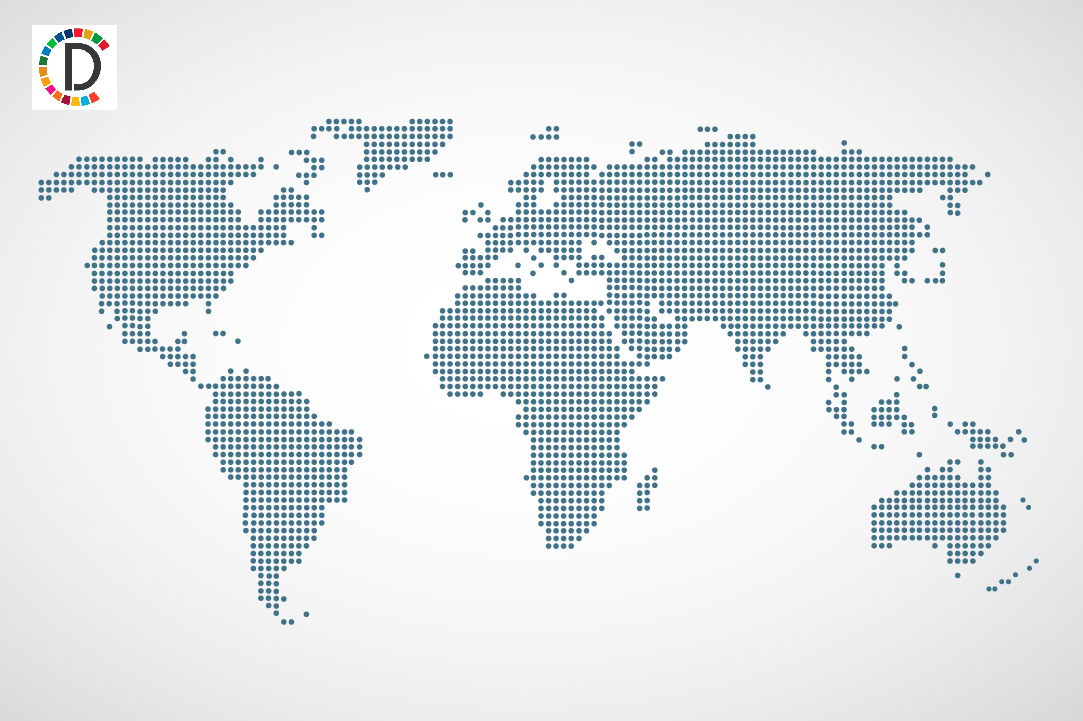Catalan Elections: Gauging Separatist Sentiment and Reconciliation with Spain
Illa won the most votes in a 2021 regional election, but was unable to stop separatist Pere Aragons from forming a government.The election will feature a battle inside the separatist camp between Puigdemonts conservative Together party and Aragonss Republican Left of Catalonia.An upstart pro-secession, far-right party called Catalan Alliance, which rails against unauthorised immigration as well as the Spanish state, will hope to earn parliamentary representation.A total of nine parties are running and no single one is expected to come close to winning enough votes to reach the absolute majority of 68 seats in the chamber.

- Country:
- Spain
More than 5.7 million voters in Catalonia are eligible to participate in a regional election on Sunday whose outcome will reverberate in Spain's national politics.
The ballot will be a test both for the strength of the separatist movement in the wealthy northeastern part of Spain and for the policies of Prime Minister Pedro Sánchez.
Potentially thousands of voters had trouble reaching their polling stations after Catalonia's commuter rail service had to shut down several train lines after what officials said was the robbery of copper cables from a train installation near Barcelona.
Separatists have held the regional government in Barcelona for more than a decade. But polling and a national election in July show that support for secession has shrunk somewhat since former regional president Carles Puigdemont led an illegal — and futile — breakaway bid in 2017.
Puigdemont is a fugitive from Spain's laws since he fled the country days after his failed secession attempt. But that isn't stopping him from running in this election as he campaigns from southern France. He has said that he will return to Spain when the newly elected lawmakers convene to choose a regional president at some point after the election.
By that time, Puigdemont hopes to be cleared of any legal troubles after Spain's parliament gives final approval to a contentious amnesty for him and hundreds of other separatists.
The amnesty forms part of Sánchez's intense push to reduce tensions in Catalonia that also included the pardoning of jailed high-profile separatists. If voters don't validate that by coming out in support of his Socialist party, then it would be a blow to the leader who heads a minority coalition in Madrid.
Sánchez has campaigned alongside Salvador Illa, the candidate of the Socialists. Illa won the most votes in a 2021 regional election, but was unable to stop separatist Pere Aragonès from forming a government.
The election will feature a battle inside the separatist camp between Puigdemont's conservative Together party and Aragonès's Republican Left of Catalonia.
An upstart pro-secession, far-right party called Catalan Alliance, which rails against unauthorised immigration as well as the Spanish state, will hope to earn parliamentary representation.
A total of nine parties are running and no single one is expected to come close to winning enough votes to reach the absolute majority of 68 seats in the chamber. So deal-making will be critical.
A record drought, not independence, is currently the leading concern of Catalans, according to the most recent survey by Catalonia's public opinion office. Some 70% of would-be voters say that the management of public services, the economy and climate change, would drive their choice at the polls, while 30% say the question of independence was still their priority.
The opinion office said that 50% of Catalans are against independence while 42% are for it, meaning support for it has dipped to 2012 levels. When Puigdemont left in 2017, 49% favoured independence and 43% were against.
(This story has not been edited by Devdiscourse staff and is auto-generated from a syndicated feed.)










